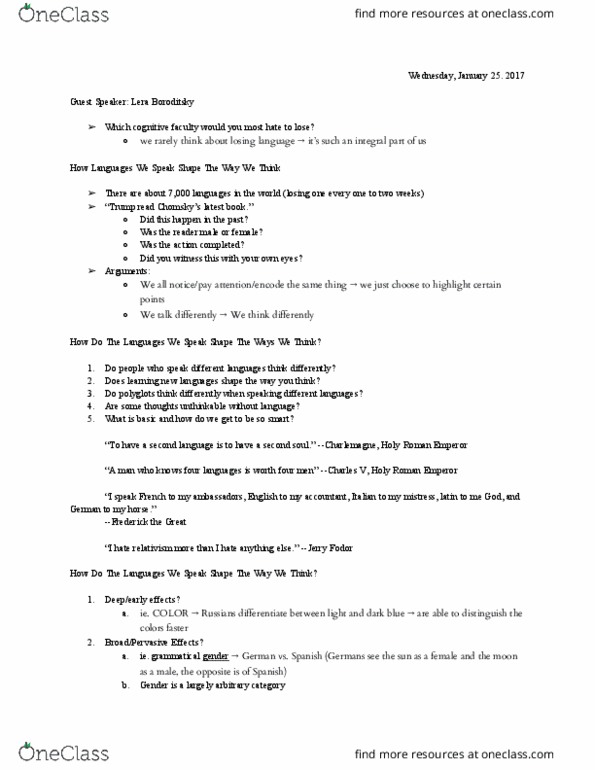

Hooker, C.: 1981, ‘Towards a General Theory of Reduction’, Parts I, II amp III, Dialogue, 20. and Thagard, P.: 1986, Induction, Processes of Inference, Learning and Discovery, Cambridge, MA, Bradford Books/MIT Press. Goodman, N.: 1965, Fact Fiction and Forecast, Indianapolis, Bobbs-Merrill. and Pylyshyn, Z.: 1988, ‘Connectionism and Cognitive Architecture: A Critical Analysis’, Cognition, 28.įodor, J.: 1987, Psychosemantics: The Problem of Meaning in the Philosophy of Mind, Cambridge, MA, Bradford Books/MIT Press. I, Cambridge, Cambridge University Press.įodor, J. Gregg, (ed.), Cognition in Learning and Memory, New York, Wiley.įeyerabend, P.: 1981, Realism, Rationalism and Scientific Method: Philosophical Papers Vol.

and Quillian, M.: 1972, ‘Experiments on Semantic Memory and Language Comprehension’, in L. Freeman & Co.Īnderson, J.: 1983, The Architecture of Cognition, Cambridge, MA, Harvard University Press.īroadbent, D.: 1985, ‘A Question of Levels: Comments on McClelland and Rumelhart’ Journal of Experimental Psychology: General, 114.Ĭherniak, C.: 1986, Minimal Rationality, Cambridge, Mass., Bradford Books/MIT Press.Ĭhurchland, P.: 1970, ‘The Logical Character of Action Explanations’, Philosophical Review, 79.Ĭhurchland, P.: 1979, Scientific Realism and the Plasticity of Mind, Cambridge, Cambridge University Press.Ĭhurchland, P.: 1981, ‘Eliminative Materialism and Propositional Attitudes’, Journal of Philosophy, 78, 2.Ĭhurchland, P.: 1986, ‘Some Reductive Strategies in Cognitive Neurobiology’, Mind, 95.Ĭollins, A.


and Bower, G.: 1973, Human Associative Memory, Washington, D.C., Winston.Īnderson, J.: 1976, Language, Memory and Thought, Hillsdale, N.J., Lawrence Erlbaum Associates.Īnderson, J.: 1980, Cognitive Psychology and Its Implications San Francisco, W.H. This process is experimental and the keywords may be updated as the learning algorithm improves.Īnderson, J. These keywords were added by machine and not by the authors. If we are right, the consequences of this kind of connectionism extend well beyond the confines of cognitive science, since these models, if successful, will require a radical reorientation in the way we think about ourselves. Our focus in this paper will be on beliefs or propositional memories, though the argument generalizes straightforwardly to all the other propositional attitudes. However, as we see it, what makes certain kinds of connectionist models genuinely revolutionary is the support they lend to a thoroughgoing eliminativism about some of the central posits of common sense (or ‘folk’) psychology. There is no question that connectionism has already brought about major changes in the way many cognitive scientists conceive of cognition. Our thesis in this paper is that if a certain family of connectionist hypotheses turn out to be right, they will surely count as revolutionary, even on stringent pre-Kuhnian standards. In the years since the publication of Thomas Kuhn’s Structure of Scientific Revolutions, the term ‘scientific revolution’ has been used with increasing frequency in discussions of scientific change, and the magnitude required of an innovation before someone or other is tempted to call it a revolution has diminished alarmingly.


 0 kommentar(er)
0 kommentar(er)
